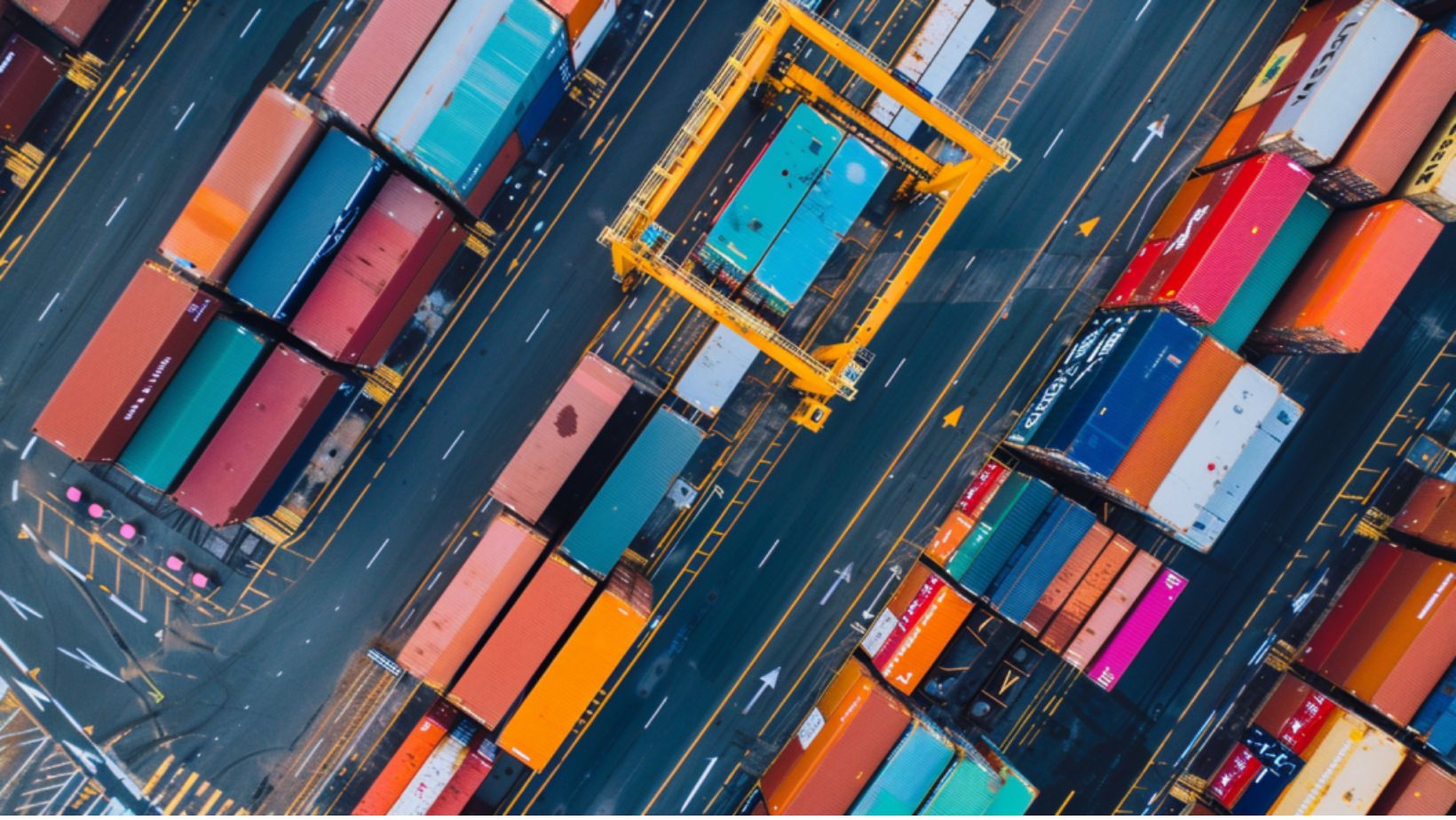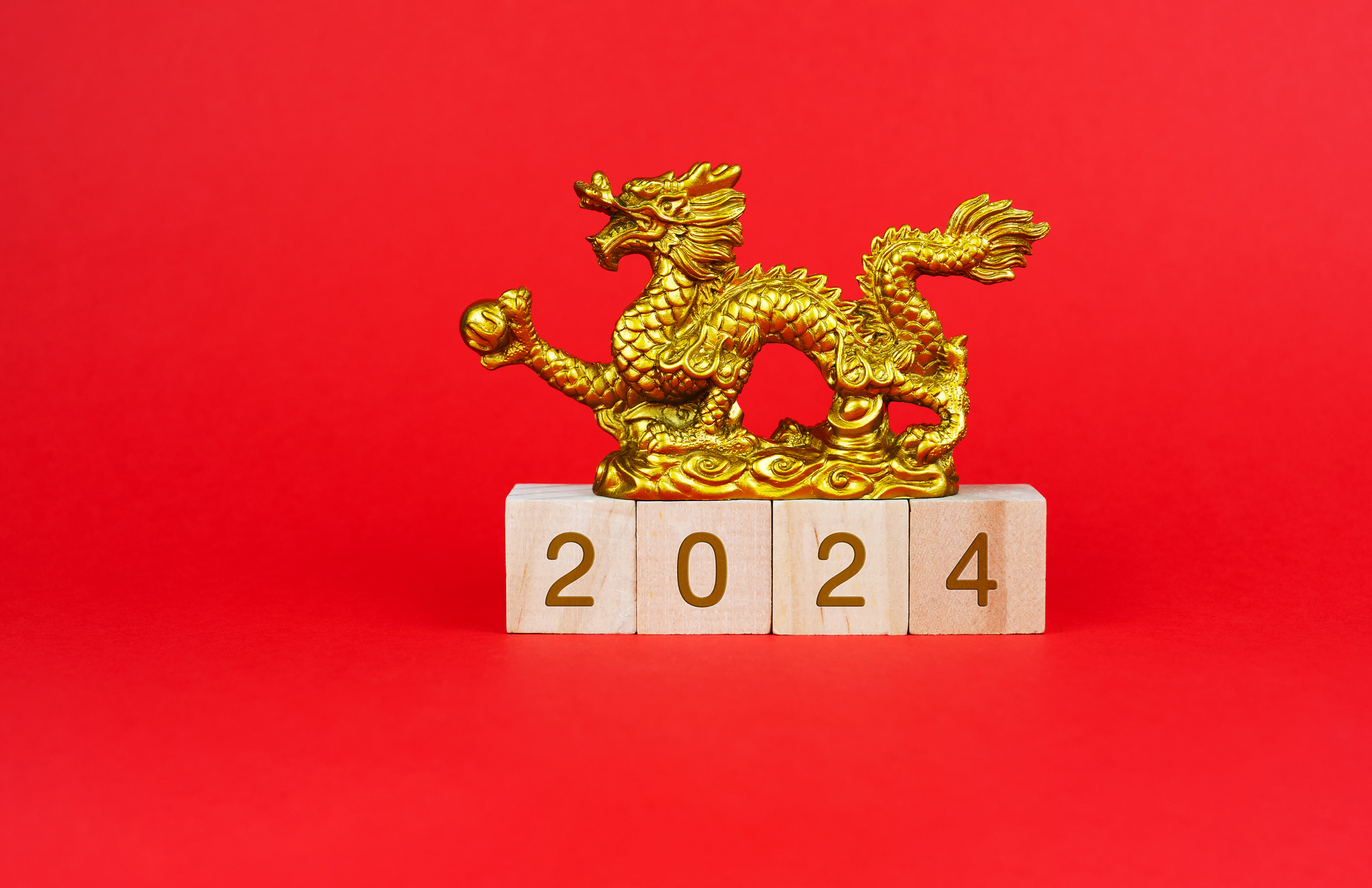How Military Coup in Thailand Affects Logistics
The Thailand Army declared martial law on Thursday, May 22nd in an effort to “restore law and order, and bring peace to the kingdom” admist high tensions among citizens about the state and future of the nation. Protesters are looking to move away from the monarchy that has been in place for almost 70 years. The Thais have been staging protests, some violent, for several months before the military stepped in and imposed a 11 p.m. to 5 a.m. curfew. The military has also disbanded the Senate and lower House and now has complete legislative control of the country. The General of the Thai Army has said that it may take a year or more to hold legitimate elections to elect a new government.
Understandably, the military coup has affected business and transportation. The Army understands the implications the coup has on the nation’s economy, as Thailand’s GDP is largely comprised of its exports. According to the JOC, “Air cargo flowing through Bangkok’s Suvarnabhumi International Airport is particularly vulnerable to disruption from the political turmoil.” As a result in increased tourism over the last several years in Thailand, the country has built up a reliable network of airports servicing in-country airports that will serve as an alternative for air freight in the event the Bangkok Airport is closed during the coup.
Many logistics companies have inquired about nighttime terminal operations to keep shipments moving through the supply chain. According to the JOC, “transporting goods would be allowed during the curfew hours provided authorization was first secured with the military”. Importers and exporters should be aware of potential delays and costs in shipping to or from Thailand during the military coup. Some shipments may have to be rerouted using alternative methods of transportation to other ports or airports and may be delayed due to capacity and availability.
Source: Journal of Commerce & All You Need to Know About the Thai Coup






Follow Us